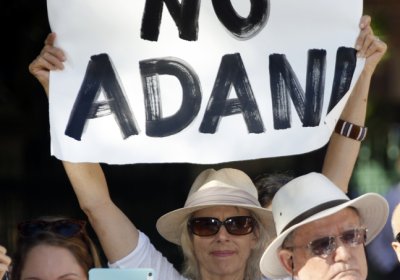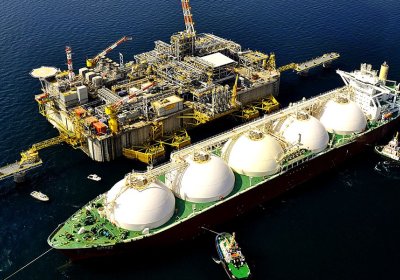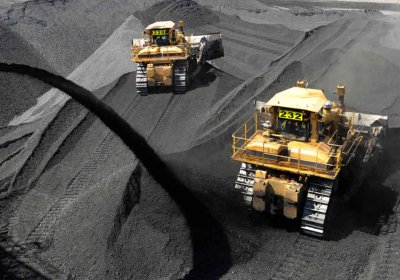Environmentalists from Uruguay, Brazil, Argentina and Paraguay marched on August 5 in the department of Paysandu, Uruguay, to protest against oil and gas exploration being carried out by Australian company Petrel Energy. The company’s exploratory works, and potential exploitation, threaten the integrity of the Guarani Aquifer, one of the world’s largest deposits of groundwater.
Since 2013, Petrel Energy has been the majority shareholder in the US company, Shues











